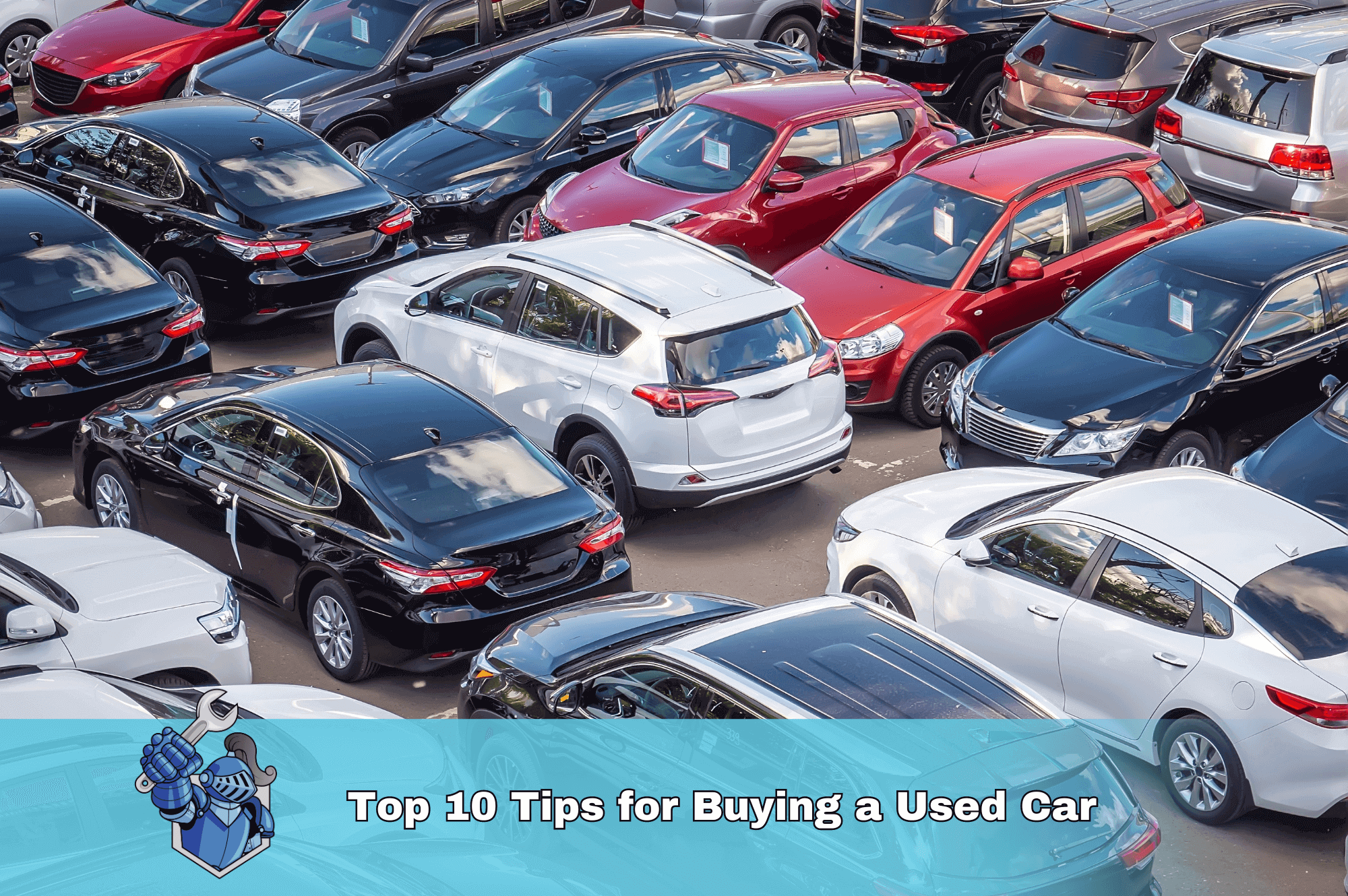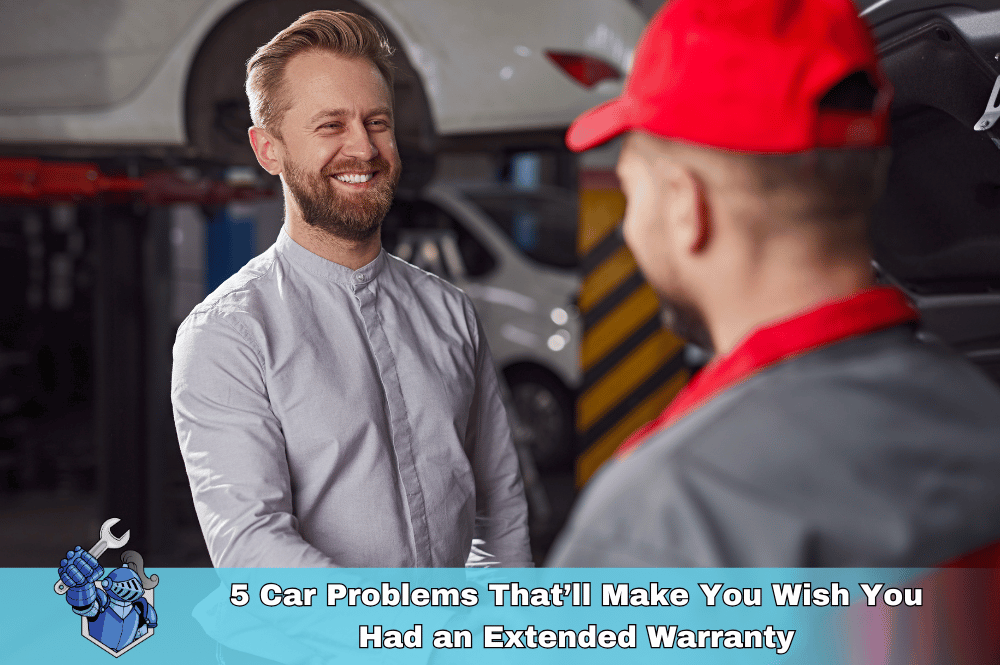Buying a used car can be a smart financial decision, but it’s essential to approach the process with caution and knowledge. Here are our top 10 tips for buying a used car, ensuring you get the best deal and avoid potential pitfalls.
1. Set a Budget
Before you start looking for a used car, determine your budget. Consider not just the purchase price but also ongoing costs like insurance, maintenance, and fuel. Stick to your budget to avoid overspending. A good rule of thumb is to allocate 10-15% of your monthly income to car expenses. Use online calculators to estimate your monthly payments and total cost of ownership.
2. Do Your Research
Research is crucial. Look up the makes and models that interest you and check their reliability ratings, common issues, and average prices. Websites like Edmunds and J.D. Power provide valuable insights and reviews. Consider factors like fuel efficiency, safety ratings, and resale value. Joining online forums and communities can also provide real-world experiences and advice.
3. Check Vehicle History Reports
Always obtain a vehicle history report from services like Carfax or AutoCheck. This report will provide details on past ownership, accidents, service history, and more. It's a crucial step to avoid buying a car with hidden issues. Look for red flags such as multiple owners, inconsistent mileage readings, and significant damage or repairs. These reports can be accessed online using the car's Vehicle Identification Number (VIN).
4. Inspect the Car Thoroughly
A thorough inspection can reveal a lot about a car’s condition. Check for signs of rust, paint damage, and any discrepancies in body panels. Don’t forget to inspect the interior for wear and tear. It's often wise to have a trusted mechanic perform a pre-purchase inspection. Pay attention to the tires, brakes, and undercarriage for any signs of wear or damage. Make sure all lights, signals, and features like the air conditioning and radio are in working order.
5. Take a Test Drive
Never buy a used car without taking it for a test drive. Pay attention to how the car handles, any unusual noises, and overall comfort. Test it on different types of roads to get a comprehensive feel of the car’s performance. During the test drive, check the acceleration, braking, and steering. Listen for any unusual sounds from the engine, transmission, or suspension. Ensure the car drives smoothly and doesn't pull to one side.
6. Negotiate the Price
Used car prices are often negotiable. Use your research to your advantage and negotiate based on the car’s condition, mileage, and any repairs it might need. Be prepared to walk away if the seller isn’t willing to meet your price. Start with a lower offer and be ready to counter. Highlight any issues you found during the inspection and test drive to justify your offer. Don’t forget to factor in additional costs like taxes, registration, and potential repairs.
7. Understand the Financing Options
If you need financing, shop around for the best rates. Compare loans from banks, credit unions, and online lenders. Understand the terms and ensure the monthly payments fit within your budget. Getting pre-approved for a loan can give you an edge in negotiations and a clear idea of what you can afford. Be aware of the loan term and interest rate and avoid long-term loans that can result in paying more over time.
8. Check for Recalls
Ensure the used car you’re interested in isn’t subject to any open recalls. You can check for recalls on the National Highway Traffic Safety Administration (NHTSA) website. Enter the car’s VIN to see if it has any unresolved recalls. If there are open recalls, ensure they are addressed by the seller or manufacturer before you complete the purchase.
9. Review the Paperwork Carefully
Ensure all paperwork is in order before finalizing the purchase. This includes the title, bill of sale, and any warranty documentation. Verify the VIN on the paperwork matches the car. Double-check that the seller has no outstanding loans on the car, and make sure you receive a clear title without any liens. Keep copies of all documents for your records.
10. Consider a Certified Pre-Owned Car
Certified Pre-Owned (CPO) cars often come with extended warranties and have undergone rigorous inspections. They can be a safer bet compared to regular used cars. Check out the CPO programs from various manufacturers to see if this option suits you. CPO vehicles typically offer additional benefits such as roadside assistance and special financing rates, providing added peace of mind.
FAQs
1. What should I consider when buying a used car at a dealership?
When buying from a dealership, ensure they are reputable. Check online reviews, ask about warranties, and understand the return policy. Dealerships might offer certified pre-owned vehicles, which can provide added peace of mind. Be aware of dealer fees and always ask for a detailed breakdown of costs.
2. How do I buy a used car from a private seller?
Buying from a private seller can often result in lower prices, but it requires more caution. Always meet in a safe, public place, bring someone with you, and ensure the vehicle's title is clear. Have the car inspected by a mechanic before purchase. Verify the seller's identity and ensure they have the right to sell the vehicle.
3. What tips should I follow when buying a used car from a private seller?
- Verify the seller’s identity and the vehicle’s title status.
- Obtain a vehicle history report.
- Test drive and inspect the car thoroughly.
- Negotiate the price based on your findings.
- Ensure all paperwork is correctly filled out and signed.
4. What are the benefits of buying a certified pre-owned (CPO) car?
Certified Pre-Owned cars come with extended warranties, have undergone comprehensive inspections, and often include additional benefits like roadside assistance. They provide a balance between new and used cars, offering reliability and peace of mind at a lower cost than a new vehicle.
5. How can I avoid scams when buying a used car?
To avoid scams, always buy from reputable sellers, check the vehicle history report, and have the car inspected by a trusted mechanic. Be wary of deals that seem too good to be true and avoid sellers who pressure you to make a quick decision. Verify the car’s title and avoid wiring money or paying in cash.
For more detailed information and additional resources, visit our Learning Center.
By following these tips, you can confidently navigate the process of buying a used car and secure a reliable vehicle that meets your needs and budget.
Suggestions for you
Read MoreLet’s work together
Every week we showcase three charitable organizations that our donations are sent to. Our clients are able to choose which of these three will receive their gift when they add coverage to their vehicle...




